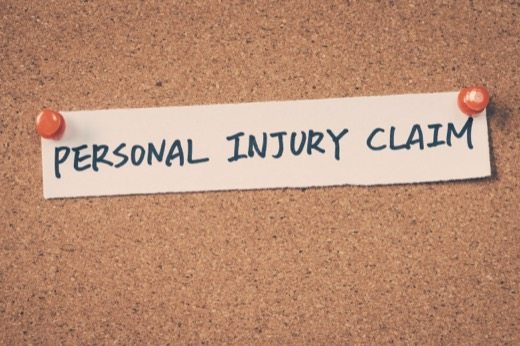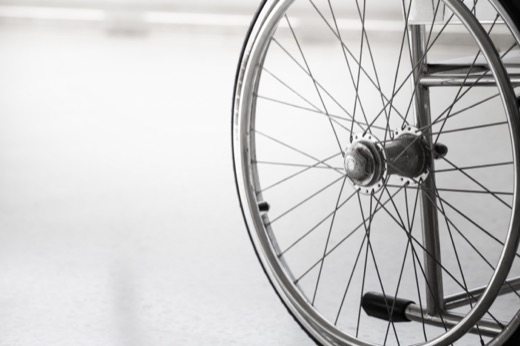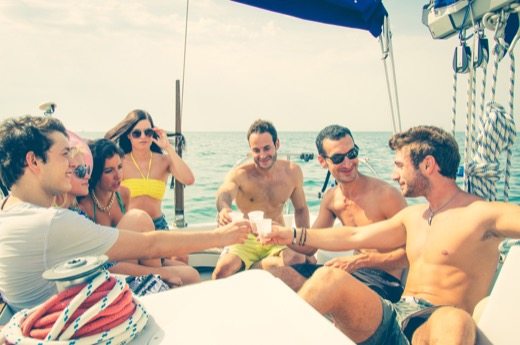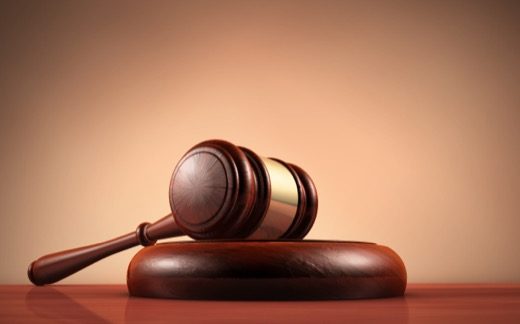Do Florida Halloween Horror Attractions Present Injury Risks?
It’s the annual season of Halloween horror nights at theme parks in Florida and across the U.S. These parks, which during the day tout family friendly fun, turn into nighttime scare-fests more suitable for adult customers who thrill to the terrors of zombies, witches and ghosts that run amok, dripping blood and rotting flesh.
Amusement parks are huge operations serving up entertainment to millions of visitors every year. Add in the thousands of employees and vendors on the premises during business hours and you essentially have a small city with all the usual problems any city may have, including accidents.
Park injuries commonly reported by visitors include slip-and-fall, food poisoning, and harm resulting from being jostled on rides or being hit by debris flung off high-velocity juggernauts like roller coasters.
With the chills and thrills of horror nights, visitors may be exposed to additional dangers. Each year parks vie to outdo competitor parks and their own previous terrifying attractions, creating labyrinthine mazes where maniacs stalk every twist and bend and haunted houses where chainsaw-wielding spooks chase visitors through the halls.
Here are just a couple of examples of what theme parks have in store for visitors this Halloween: Universal Studios in Orlando will offer an “Immersive Paranormal Virtual Reality Experience,” where guests will wear VR headgear while exploring a horrific experience like no other. Similarly, Halloween Haunt at California’s Great America will offer FEAR VR: 5150, set in a hospital where guests are strapped into wheelchairs while wearing VR headgear and at the mercy of lunatic staff members.
Are Parks Liable for Injuries?
Special seasonal events like horror nights can be priced as add-ons to a general admission ticket, and the per-person cost can easily exceed $100. At these rates, it’s not unreasonable to ask whether parks are legally responsible for guests who suffer trauma when they are lost or abandoned in their mazes or faint when surprised by a costumed character jumping out of the shadows.
Waivers
Often to protect themselves from lawsuits theme parks will require that their guests sign waivers relieving the park of liability if a guest is injured while at the park. Many parks that host special events like Halloween nights will prepare waivers written specifically for hazards guests may encounter while participating in the event.
For the waiver to be legally valid it must:
Be clearly worded as to the intent to relieve the park of any and all legal liability, including liability for negligence;
Prominently display the terms and not conceal them in fine print;
Signed by the each individual guest, though an adult can sign a waiver for each minor child;
A waiver pertaining to an amusement such as a haunted house, also may include warnings for guests who have high blood pressure, heart problems, artificial limbs, pacemakers, or other physical limitations.
Even where a guest has signed a waiver, the park can be found liable when shown it negligently failed to:
Maintain equipment and all attractions in a safe condition and regularly inspect the equipment;
Properly train the ride operators;
Properly operate a ride or amusement;
Properly display safety requirement notices warning guests of the risks and dangers; or/and
Provide guests with correct safety instructions.
Guest Conduct
It’s not only park management that is required to act responsibly; guests, too, are expected to behave properly.
When you knowingly engage in an activity or event considered inherently dangerous, you are presumed to have assumed the risk associated with that activity. Arguably, when you participate in a horror event you acknowledge and accept the risks. But the risks must be those you reasonably could know about. It is not reasonable to expect you to know about a defective or poorly maintained mechanism in a ride or to know of special safety rules if you were not instructed on them.
If you ignore posted age, weight, or height requirements or deliberately lie about such limitations, the theme park may not be liable for your injuries if they result from your disregard of the rules. The park could still be held liable if the ride/attraction operator should have realized a guest was too young or too small or recognized an obvious disability that could expose you to greater risk.
Disclaimers on Park Tickets
Amusement parks usually print disclaimers on admission tickets relieving the park of all liability when you enter the park, extinguishing your right to sue the park. Courts tend to reject such disclaimers for being vague and all-inclusive and therefore unreasonable. Courts accept that most guests don’t read the tiny print on the back of their ticket, and a ticket holder who is a minor lacks the capacity to waive legal rights merely by virtue of redeeming the ticket.
Know the Dangers and Your Responsibilities
To protect yourself and your family, before buying tickets and before arriving at the theme park you should learn what you can about the potential hazards and possible age and physical restrictions. Go to the website of the park you plan to visit. You will find in-depth information on ticket price, passes, add-ons and more.
Look for warnings and disclaimers, which may limit the age of guests permitted to attend horror nights and require minors under a certain age be accompanied by an adult. Typically, parks will not impose an age limit on admission to their horror show but will recommend that persons under 13 or other age not participate.
If the park provides a copy of its waiver through its website, you should print out a copy and read it carefully. Some parks my demand that your party arrive 30-45 minutes early so that you can undergo safety preparation of some kind. You also can visit www.saferparks.org to learn tips for making your trip to a park safe and enjoyable.
If you are injured during a visit to a theme park, our experienced Florida personal injury attorneys can help. Call our offices today for a free case consultation. At Madalon Law, our Fort Lauderdale attorneys will always put your needs first.












